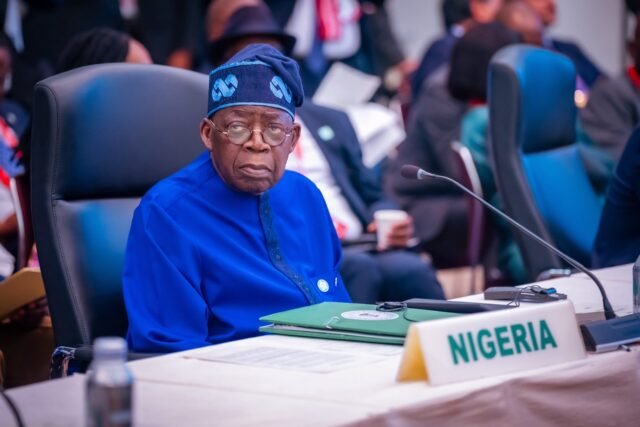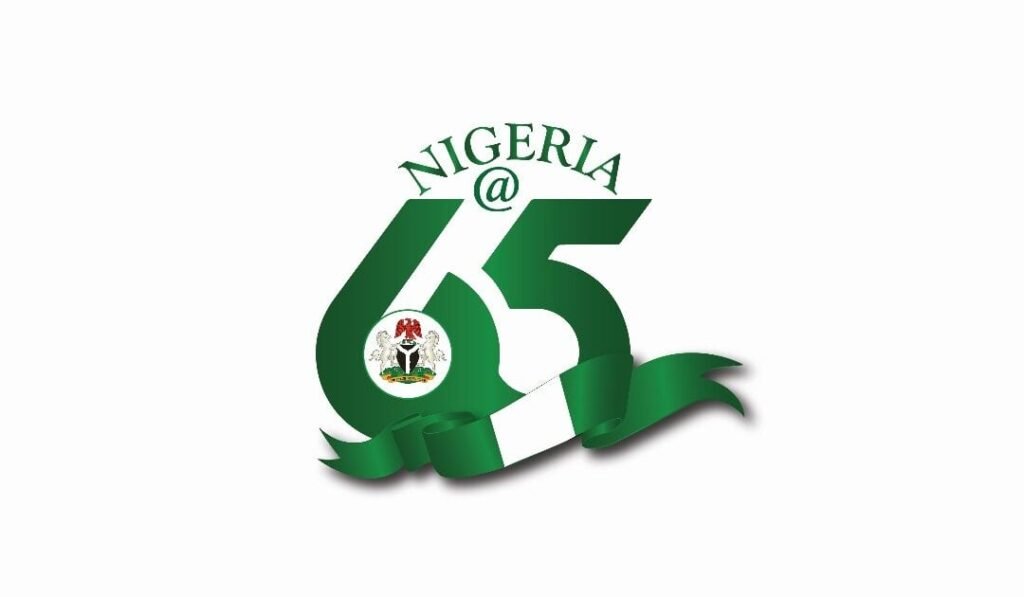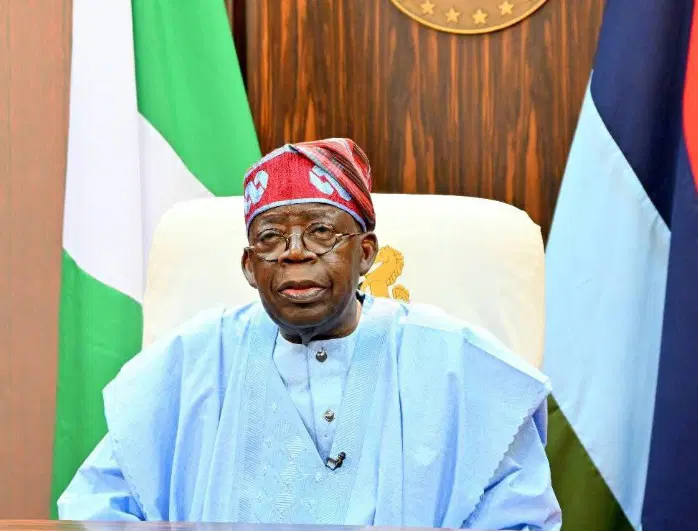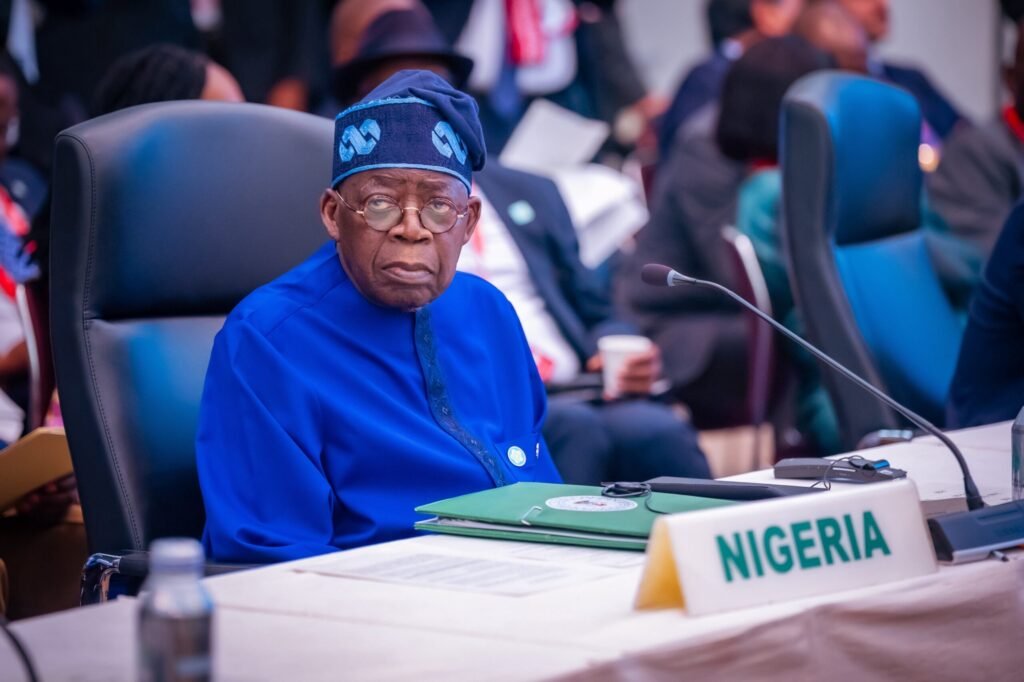
On Wednesday, October 1, 2025, as Nigeria marked its 65th year of independence, President Bola Ahmed Tinubu delivered a nationally broadcast address that blended sober reflection with bold policy pledges. The speech was not just a commemoration of past struggles and gains but a renewed call to unite behind an agenda of education access, digital transformation, and people-centred development.
Speaking from the Presidential Villa in Abuja, the President framed the nation’s journey in terms of trial and resilience. From a modest educational infrastructure at independence to the sweeping expansion in schools, universities, and training institutions today, he argued that Nigeria has advanced measurably. Yet, he acknowledged that much remains to be done—particularly in widening equity, accelerating technology adoption, and embedding human capacity in every region.
In his words, “the worst is over,” but he warned that “the work ahead demands all hands on deck.” The address, laden with numbers and narratives, attempted to thread optimism with realism. It also underscored that his administration sees education and digital transformation as twin pillars of national rebirth.

Table of Contents
Education Expansion: From a Handful of Schools to a Nation of Learners
One of the most striking claims in the address was the metamorphosis in Nigeria’s educational infrastructure since 1960. At Independence, the country had only around 120 secondary schools with about 130,000 students; today, Tinubu said, Nigeria boasts over 23,000 secondary schools. Meanwhile, tertiary education has grown from just two institutions—University of Ibadan and Yaba College of Technology—to 274 universities, 183 polytechnics, and 236 colleges of education. Such scale, he argued, reflects an irreversible shift in access.
But he did not rest on those laurels. The President introduced the Nigerian Education Loan Fund (NELFUND) as a flagship programme to bridge the financial barriers that many students face. According to him, as of September 10, 2025, about 510,000 students across states and the Federal Capital Territory have benefited. He added that ₦99.5 billion had been disbursed for tuition and ₦44.7 billion in upkeep allowances. He cast this as an investment in “the greatest assets” of the nation—its youth.
Critics and education advocates may ask, however: is sheer scale enough? Quality, equity, and rural-urban balance remain critical challenges. Many regions still struggle with dilapidated classrooms, understaffed schools, and poor learning outcomes. The President’s vision, to fulfil its promise, must ensure that expansion does not come at the expense of standards.

Digital and Creative Push: Rewiring Nigeria’s Future
The President’s second major thrust was in digital infrastructure and the creative economy. He revisited the Investment in Digital and Creative Enterprises (iDICE) programme, led by the Bank of Industry in collaboration with the African Development Bank, French Development Agency, and Islamic Development Bank. He said the groundwork has been laid, and the initiative is now “at the cusp of implementation.”
The goal is to provide financing, infrastructure, and support systems for startups, content creators, and innovators nationwide. In his framing, this is not a luxury but a necessity if Nigeria is to compete in a tech-driven global economy. Earlier in the speech, Tinubu noted that telecommunications, IT, and digital capacity have become critical vectors of national progress.
Complementing this was a reminder that his administration intends to widen access to credit through programmes such as Credicorp and YouthCred, targeted at facilitating loans for devices, home improvements, solar solutions, and economic opportunity for young Nigerians.
These pledges reflect a recognition that the future will be won not just by raw resources, but by capacity, agility, and innovation. But execution, consistency, and inclusivity will determine whether digital gaps widen or close.
Hard Decisions and Early Wins: Economic Context and Social Safety Nets
Tinubu framed the address in a broader economic narrative. His administration, he said, inherited a subsidised, distorted, and rent-seeking economy—a system that disproportionately benefited a few while squeezing the many. To reset that system, he vowed, they chose bold reforms over comfort.
Key among those moves was the removal of fuel subsidies and unification of foreign exchange rates—measures he defended as painful but necessary. He reminded Nigerians that the gains are now starting to show: Q2 2025 GDP grew by 4.23% (the fastest in four years), inflation dipped to 20.12% in August, and external reserves rose to $42.03 billion. He also pointed to five consecutive quarters of trade surplus, rebounding oil production, and diminishing currency discrepancies, according to Reuters.
On the social side, he highlighted the disbursement of ₦330 billion to eight million vulnerable households through a social investment programme, intended to cushion the most affected by reforms. He urged Nigerians to see this as part of a broader shift: from welfare band-aids to sustainable infrastructure, human development, and opportunity.
Despite the optimism, challenges remain. Inflation still weighs heavily on purchasing power; poverty levels remain high; and fiscal pressures are real. Observers will watch whether the promises translate into measurable improvements in people’s daily lives.

Looking Ahead: From Promise to Performance
A 65-year milestone offers both pride and a sobering reminder: nationhood is work, not gift. President Tinubu’s Independence Day address laid out an agenda heavy on vision—education expansion, digital transformation, economic reset, and social equity.
The framing was personal, inclusive, and aspirational. Yet the success of these ideas hinges on concrete delivery: ensuring that NELFUND reaches underserved areas, that iDICE backs real innovators outside the major cities, that infrastructure projects reduce regional inequality, and that social safety nets protect those most vulnerable.
For readers and citizens, the question is this: will this speech mark a turning point, or remain one more set of words? Time—and implementation—will tell. But in tone, ambition, and stakes, the 65th Independence Address has set a high bar.
Join Our Social Media Channels:
WhatsApp: NaijaEyes
Facebook: NaijaEyes
Twitter: NaijaEyes
Instagram: NaijaEyes
TikTok: NaijaEyes
READ THE LATEST EDUCATION NEWS




